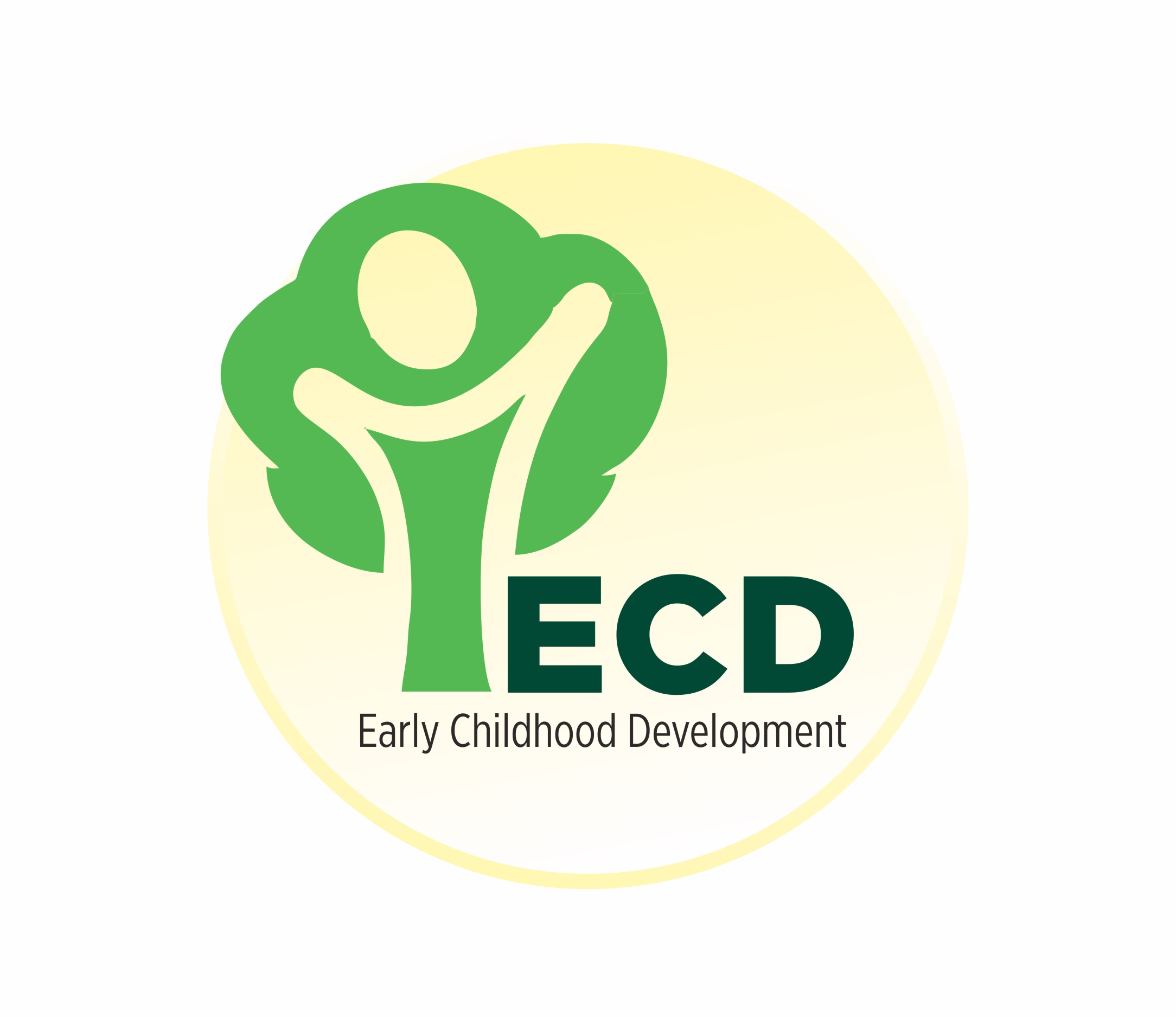Early childhood development (ECD) refers to the physical, intellectual, language, social, emotional and spiritual development of a child from the prenatal stage up to age 60 months.
The care and attention a child receives in the first eight years of life – particularly during the first three years – are critical and influence the child for life. Neurological research shows that the early years play a key role in a child’s brain development. Babies begin to learn about the world around them from a very early age – including during the prenatal and postnatal period. Optimizing the early years of their lives is the best investment we can make as a society in ensuring their future success.
ECD programme is one of the best investments a country can make to promote human resource development, gender equality and social cohesion, and to reduce the costs for remedial programmes. For disadvantaged children, ECD plays an important role in compensating for the disadvantages in the family and combating educational inequalities – UNESCO
ECD is marked as one of the major goals for AKEB to progress upon and promotes the same through the following offerings:
- Read for Children
- Kidz Klub
- Parvarish – Parenting Workshop
ANNUAL STATUS OF EDUCATION REPORT OF RURAL AREAS- 2019 BY ASER. ASER IS A NATION-WIDE HOUSEHOLD SURVEY THAT PROVIDES DATA ON CHILDREN'S SCHOOLING AND LEARNING ACROSS RURAL INDIA - Read more







